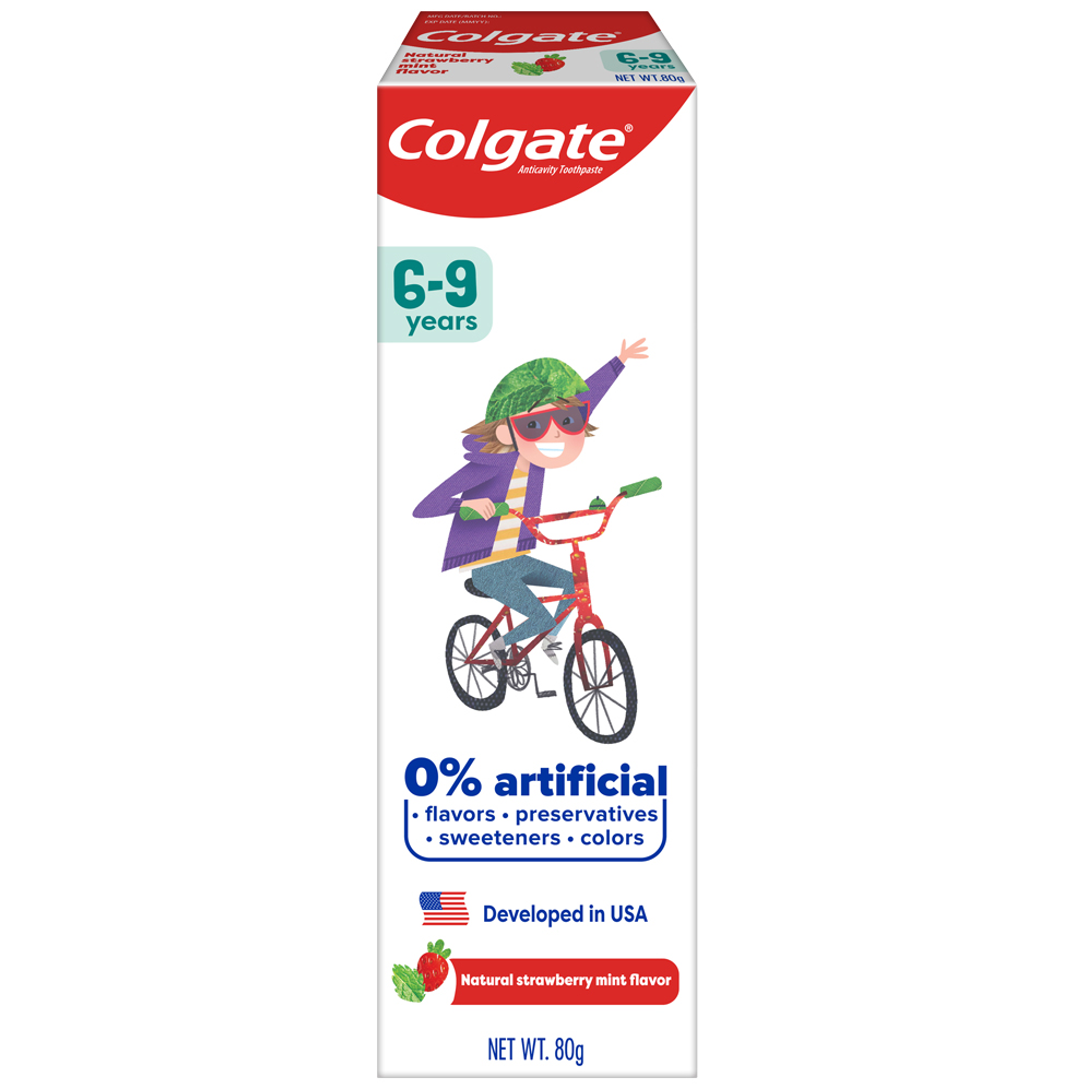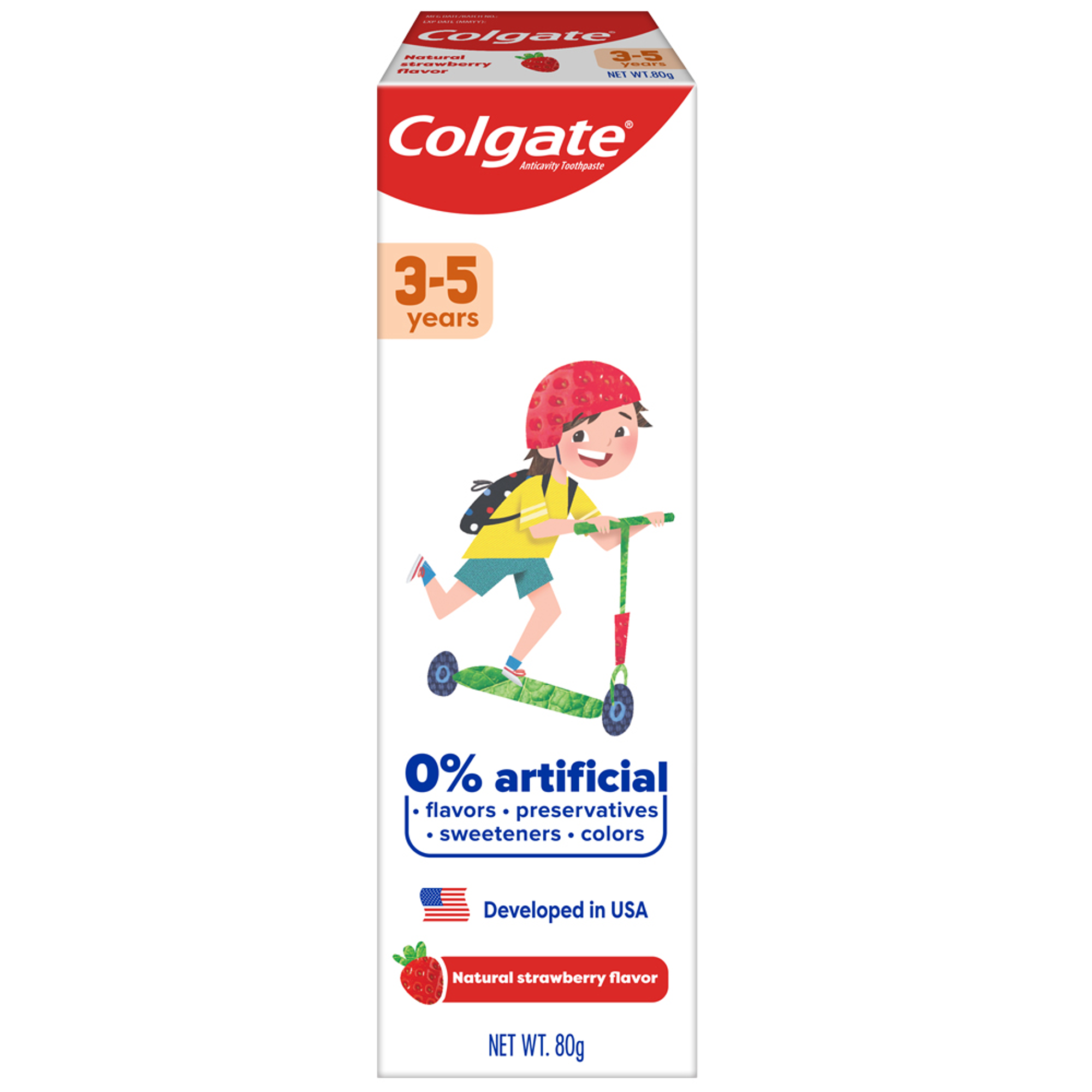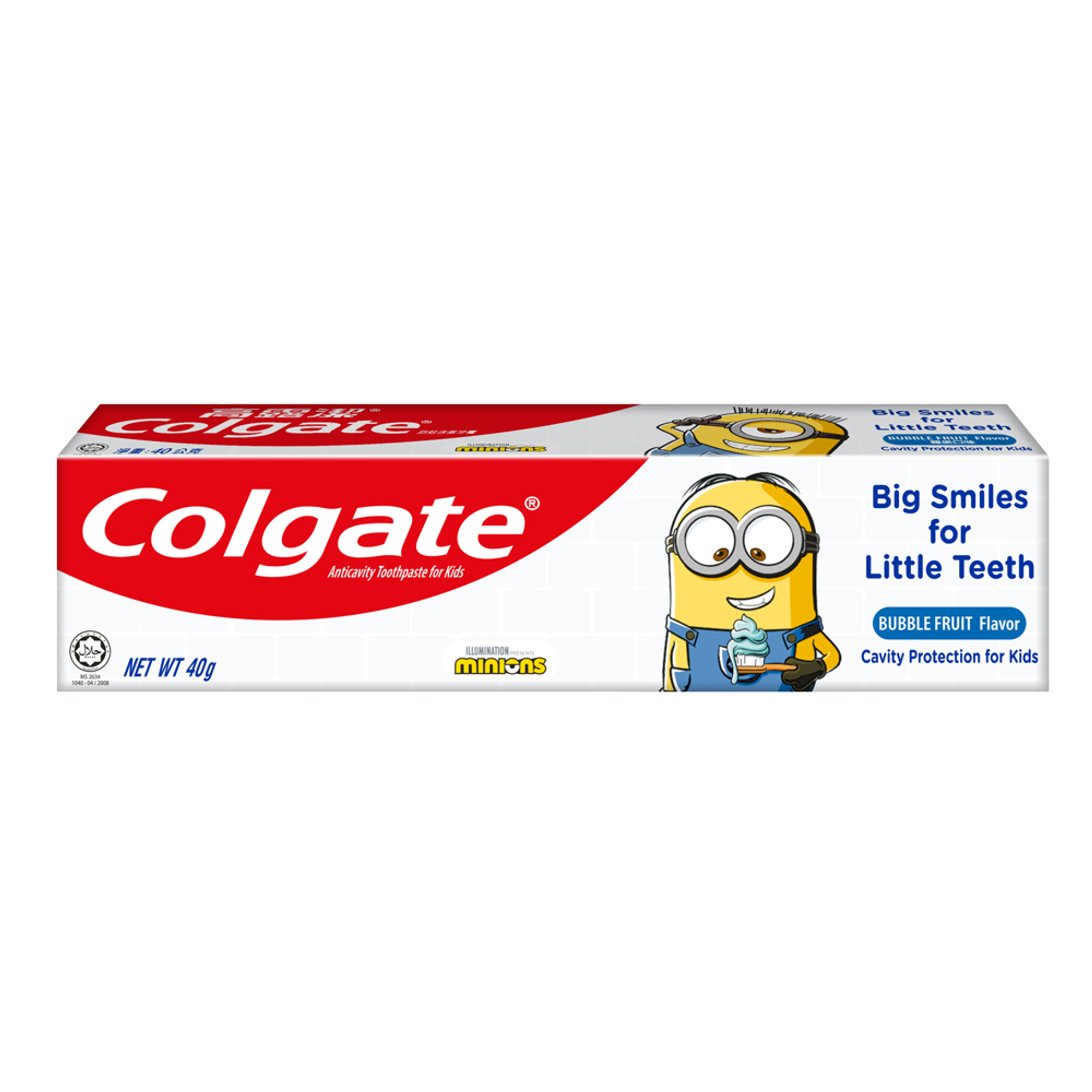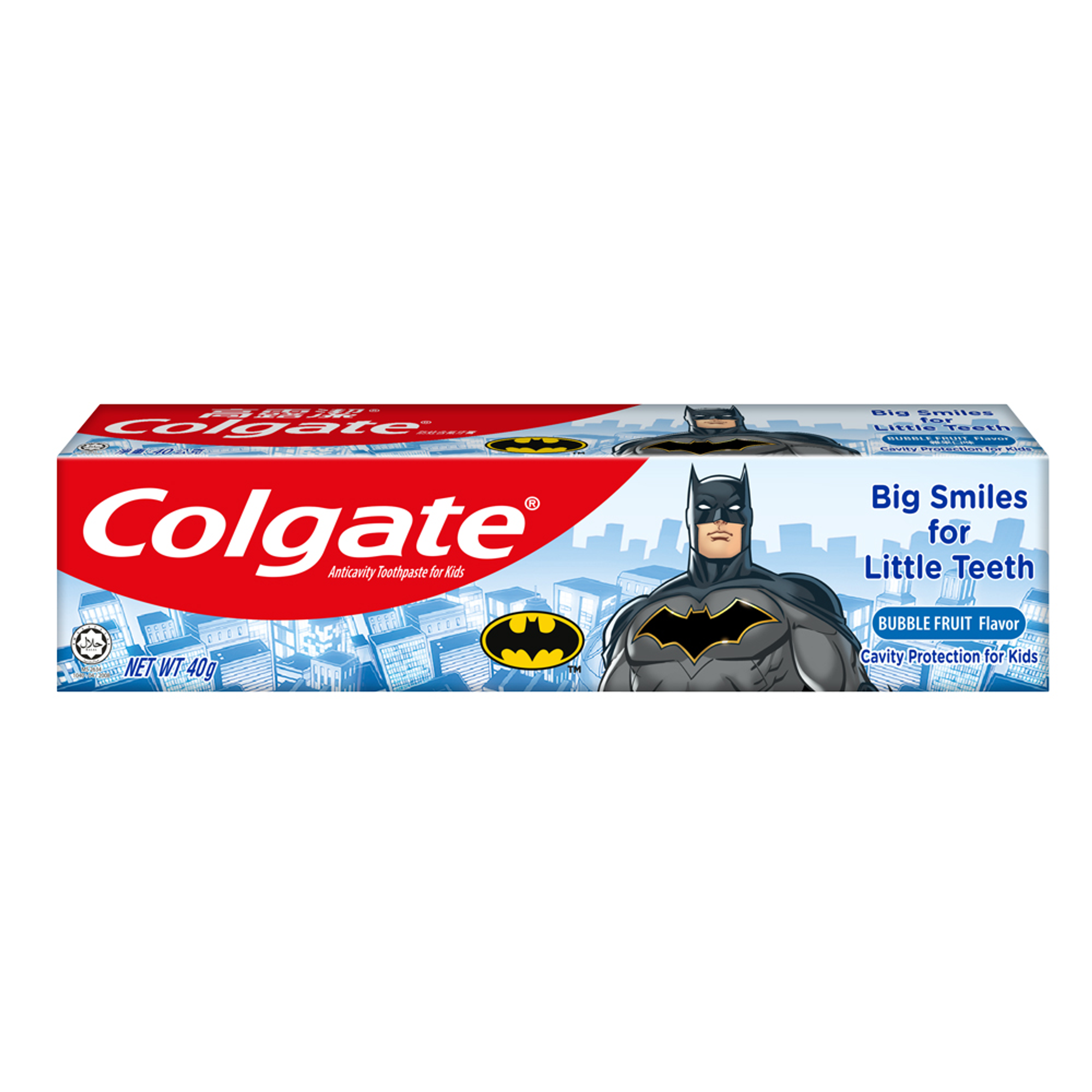- Oral Health and Dental Care | Colgate®
- Oral Health
- Acid Reflux: A Dental Disaster


You take your child to his dental appointment, expecting smiles all around and a clean bill of health. Instead, you discover that your child's teeth are in a perilous state of decay, and your child will need thousands of dollars of dental work. You're a good mom; you brush his teeth and feed him healthy foods. How could this happen?
The answer may be acid reflux. A study from the University of California at San Francisco found that children with reflux are six times more likely to suffer damage to the enamel than healthy children.
As children grow, their reflux medication may stop working. Many children go off their medication around age one, just when teeth are popping up. But some older children still have problems with reflux. A child may think that reflux is normal, and forget to mention it to you. Fortunately, there are steps you can take to minimize the consequences of acid reflux.
See the Dentist Early and Often
If your child has a history of reflux, make sure he sees the dentist as soon as he has teeth. A good pediatric dentist can spot reflux damage in its early stages and help you develop a treatment plan. Some children with severe acid reflux may need to see the dentist every three months instead of every six months. When you are dealing with acid damage, prevention is much more economical than waiting for a crisis.
Two, Four, Six, Eight—You Have Got to Fluoridate!
All children need fluoride, but it is especially important for children with acid reflux. Because their teeth are constantly under attack, they need the extra protection fluoride provides. If possible, encourage your child to drink fluoridated water. That way, he will get his fluoride throughout the day. If you have a well or use a water filter that removes fluoride from the water, talk to your dentist or pediatrician. You can get a prescription for liquid fluoride or fluoride pills.
Watch That Diet
For children with reflux, it is not enough to avoid sugary drinks and snacks. If you want to protect your child's teeth, you need to reduce the flow of acid into the mouth. Avoid typical reflux trigger foods, such as tomatoes and other acidic fruits. Watch your child's snacking schedule; avoid food right before nap time or bedtime. Finally, talk to your pediatrician to make sure you are doing everything possible to control reflux.
Baby teeth are important. They help your child get adequate nutrition and pave the way for adult teeth. If your child has acid reflux, you need to stay on top of his dental care. Your actions now could impact his future oral health.
Related Products

Helping dental professionals
More professionals across the world trust Colgate. Find resources, products, and information to give your patients a healthier future













